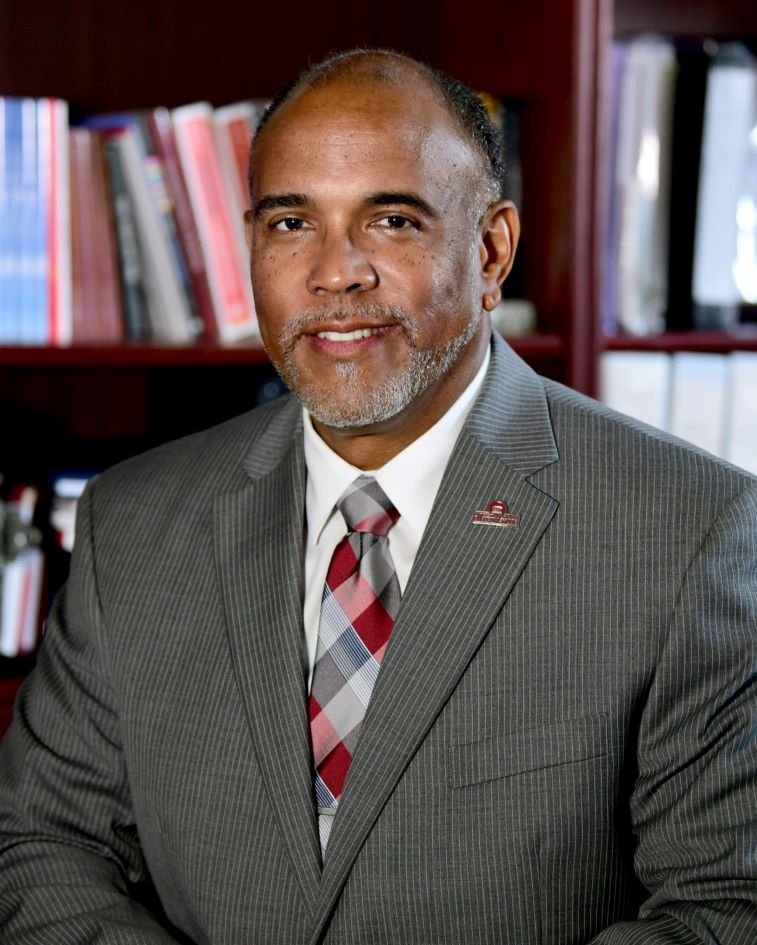It was almost 90 years ago when the last recorded lynching took place in the state of Maryland as 23-year-old George Armwood was viciously beaten and stabbed before he was ultimately hanged in the town of Princess Anne.
Armwood’s lynching as well as others who were victims of racial terror in Somerset County will be topics of discussion when the Maryland Lynching Truth and Reconciliation Commission holds its Somerset County hearing on Nov. 5 at the Ella Fitzgerald Performing Arts Center on the campus of the University of Maryland Eastern Shore starting at 9 a.m.

The MLTRC was established in 2019 through legislation enacted by the Maryland General Assembly and was signed into law by Maryland Governor Larry Hogan to be the first commission dedicated to investigating racial terror lynchings in the United States.
“We live in a racially and ethnically diverse nation where inclusivity for all Americans is a vital part of realizing true democracy,” Dr. Marshall F. Stevenson Jr., the dean of the School of Education Social Sciences and the Arts at UMES, said. “These incidents represent those moments when some of the white citizens of Maryland were not about promoting true democracy and justice for all.”
“I think the state is ready to acknowledge that many of the current racial tensions in our country can only be solved through a reckoning with the past.”
The commission has been tasked to research past cases of lynchings while holding public hearings in communities where racial terror lynchings took place and developing recommendations for addressing the legacy of lynchings rooted in restorative justice.
As part of the hearings, members of the public, including descendants of lynching victims, witnesses, and perpetrators, have the opportunity to offer testimony about how the murders impacted their lives and communities, while also allowing them to provide recommendations for achieving racial healing.
“Through these hearings, we not only are able to gain proximity to the truth but also to promote greater understanding as to how later generations were shaped by these atrocities in interpreting history and their own place in contemporary American society,” Dr. Charles Chavis, Commission Vice-Chair and Director of African and African American Studies at George Mason University, said.
Stevenson said he hopes that attendees of the hearing can get an understanding of the importance of the racial heritage of Somerset County and Princess Anne, despite these ugly moments in history.
“Acknowledgment sets the stage for discussion on racial reconciliation in the current moment,” he said. “While such brutal acts are certainly not as common today as in the past, the context and mindset of racial terror still exists in other forms.”
All are welcome to attend in person or to stream the hearing, visit the Maryland Lynching Truth and Reconciliation Commission website.

